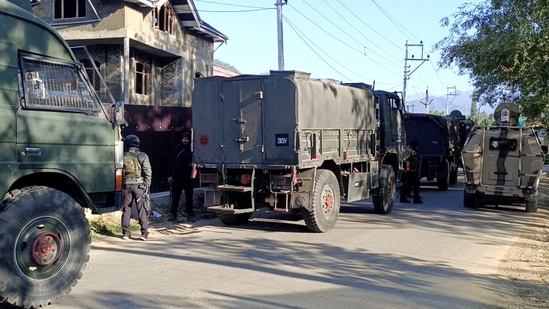
Despite these denials, the strategic implications of the strikes near a nuclear-linked site have not gone unnoticed. Analysts suggest that India may have intentionally demonstrated its ability to strike near Pakistan’s most sensitive military assets without crossing the nuclear threshold.
The proximity of the targets to nuclear-related infrastructure sent a calculated signal of deterrence and operational reach. Speaking to Times Now, war historian Tom Cooper remarked that the IAF’s freedom to strike deep into Pakistani territory, coupled with the apparent ineffectiveness of Pakistan’s air defenses, marked a significant failure in Pakistan’s deterrence posture.
While the situation remains fluid, the events surrounding Operation Sindoor have not only escalated regional tensions but also reignited debate over the credibility of nuclear deterrence in South Asia.
Meanwhile, feeling the heat of India’s decision to keep the Indus Waters Treaty (IWT) in abeyance, Pakistan has appealed to India to reconsider it citing the dependence of millions of people on the water being regulated by the 1960 treaty.
The appeal is learned to have been made in a letter by the secretary of Pakistan’s ministry of water resources, Syed Ali Murtaza, to India’s jal shakti ministry secretary Debashree Mukherjee. The tone of the letter is, however, not completely placatory, with Pakistan calling India’s decision “unilateral and illegal” and “equivalent to an attack on the people of Pakistan and its economy”.
Significantly, the letter, sources indicated, was likely to have been delivered during Operation Sindoor.
New Delhi refrained from commenting on the “appeal”. However, sources said that it was not going to have any effect on the decision the cabinet committee on security took on April 23 to put the treaty on hold as retaliation against the killing of tourists in Pahalgam. When asked, sources in the govt referred to PM Modi’s “blood and water cannot flow together” assertion in his address to the nation on Monday.
On its part, India has rejected the charge that the decision to keep the treaty in suspension was “illegal”.










